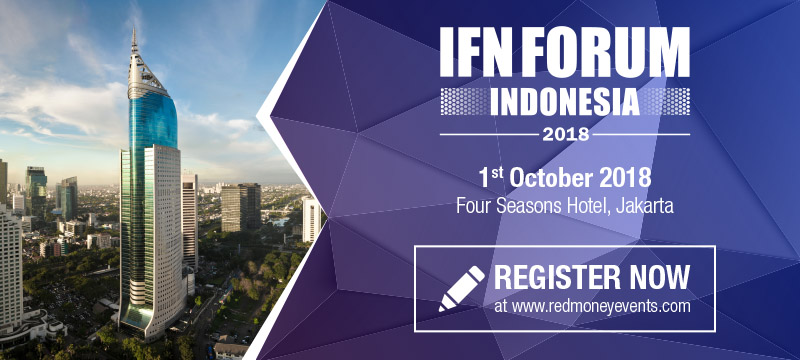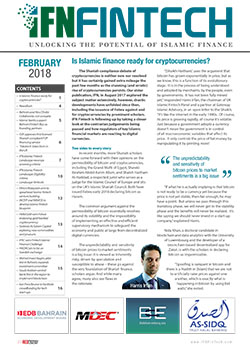GLOBAL: The executive directors of the IMF have called upon the organization to engineer an alternative measurement to determine the systematic importance of the Islamic banking sector in a nation, beyond the simple market share benchmark, as the fund formally recognizes Shariah compliant banking parameters beginning next year.
"A number of directors saw merit in future work on developing comprehensive standards for Islamic financial services," noted the IMF, whose executive board is chaired by Managing Director Christine Lagarde, a former economic and finance minister of France and a known Islamic finance supporter.
Beginning the 1st January 2019, the IMF will incorporate the IFSB's Core Principles for Islamic Finance Regulation (CPIFR) into its assessment and supervision of jurisdictions where at least 15% of the nation's banking assets are Shariah compliant.
"Where a jurisdiction has both significant Islamic banking and significant conventional banking sectors, the fund will assess both sectors at the same time using the CPIFR and Basel Core Principles for Effective Banking Supervision standards and assessment methodologies respectively, which would also reveal the relevant linkages between Islamic banking and its conventional counterpart," explained the IMF. For countries where the Islamic banking market share falls short of 15%, the fund is open to new assessment methods.
"The approach to regulating and supervising Islamic banking should reflect the nature of risks to which Islamic banks are exposed and the financial infrastructure needed for effective regulation and supervision, which requires additional or different regulation and supervisory practices to address risks inherent in Islamic banking operations," according to the supranational.
The IMF's adoption of Islamic banking guidance is testament to the growing systemic significance of Muslim-friendly finance globally which, according to the fund, is offered in over 60 countries. Worth some US$2 trillion according to some estimates, the global Islamic finance industry is relatively small but its gravity has been acknowledged by world superpowers as an effective financial inclusion tool and a potential driver toward the UN Sustainable Development Goals. |
Yinson's Sukuk: Malaysia's first perpetual Mudarabah facility
Earlier this month, Yinson Holdings floated a RM950 million (US$238.31 million) Sukuk paper. It was a Sukuk facility like any other in the local Islamic debt capital market, but with a unique highlight. It is Malaysia's first perpetual Sukuk Mudarabah facility. Speaking to Azalia Aziz, the vice-president of governance and transaction management of the Capital Markets Group at AmInvestment Bank, DURGAHYENI MOHGANA SELVAM has the details. |
The Halal lifestyle and Islamic finance in Russia: Achievements and obstacles
The 10th International Economic Summit 'Russia – the Islamic world' was held from the 10th-12th May 2018 in Kazan focusing not only on Islamic finance but also on the Halal environment, the Halal way of thinking and the Halal lifestyle. In his welcome speech, Russian President Vladimir Putin confirmed interest in further increasing partnership communications with the states of the Islamic world. He also said that Russia supported the efforts of OIC countries aimed at strengthening the principles of justice and fair and mutual benefit in international economic relations to prevent any unfair competition, dictatorship and the application of illegal sanctions. |
















No comments:
Post a Comment
Note: Only a member of this blog may post a comment.